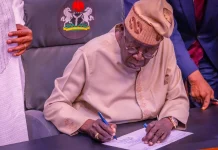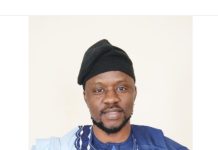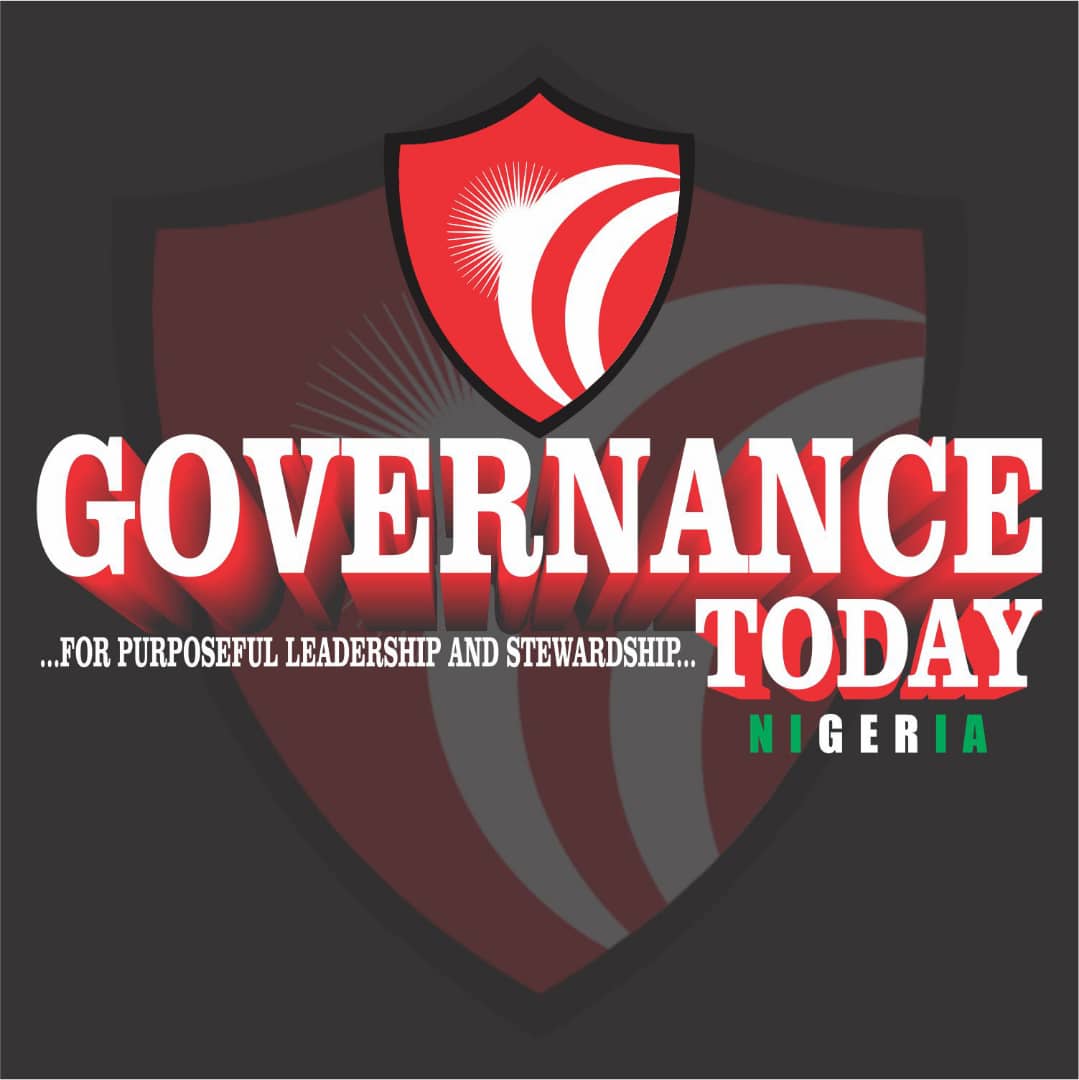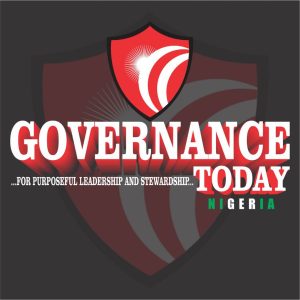The recurring theme of blaming immigrants for economic woes is a familiar narrative in many African countries. From Ghana to Nigeria, South Africa to Tunisia, leaders have consistently employed this tactic to divert attention from their own failures and corruption.
A Historical Pattern of Scapegoating
- Ghana (1969): Dr. Kofi Abrefa Busia’s government expelled over 200,000 immigrants, mostly Nigerians, citing job theft and economic strain. However, Ghana’s economy was already struggling due to corruption, mismanagement, and falling cocoa prices.
- Nigeria (1983): Shehu Shagari’s administration expelled over 2 million immigrants, mainly Ghanaians, blaming them for economic hardship. In reality, Nigeria’s economy was collapsing due to corruption and oil wealth mismanagement.
- Nigeria (1985): General Muhammadu Buhari’s regime deported hundreds of thousands of foreigners, citing national security and illegal migration. The true causes were economic failure, IMF pressure, and poverty resulting from elite theft and misrule.
The Same Formula, Different Day
- Governments mismanage the economy.
- They loot public funds.
- People begin to complain.
- Leaders point fingers at immigrants.
- They distract the masses with hate and fear.
- We turn on each other, while they get richer and untouchable.
Breaking the Curse
To break this cycle, Africans must:
- Stop blaming immigrants.
- Start asking who really destroyed their economy.
- Learn from history and recognize the pattern.
- Speak out against xenophobia and demand transparency and justice.
- Unite and demand accountability from their leaders.
The Real Enemies of Africa
The true enemies of Africa are not immigrants but rather:
- Politicians who steal public wealth and mismanage the economy.
- Leaders who fan the flames of hate and division.
- Systems that keep people fighting each other while the elite live in luxury.
A Call to Action
It’s time for Africans to wake up, recognize the scam, and unite against their common enemies. By doing so, they can demand justice, transparency, and accountability from their leaders and build a brighter future for themselves and their continent.










